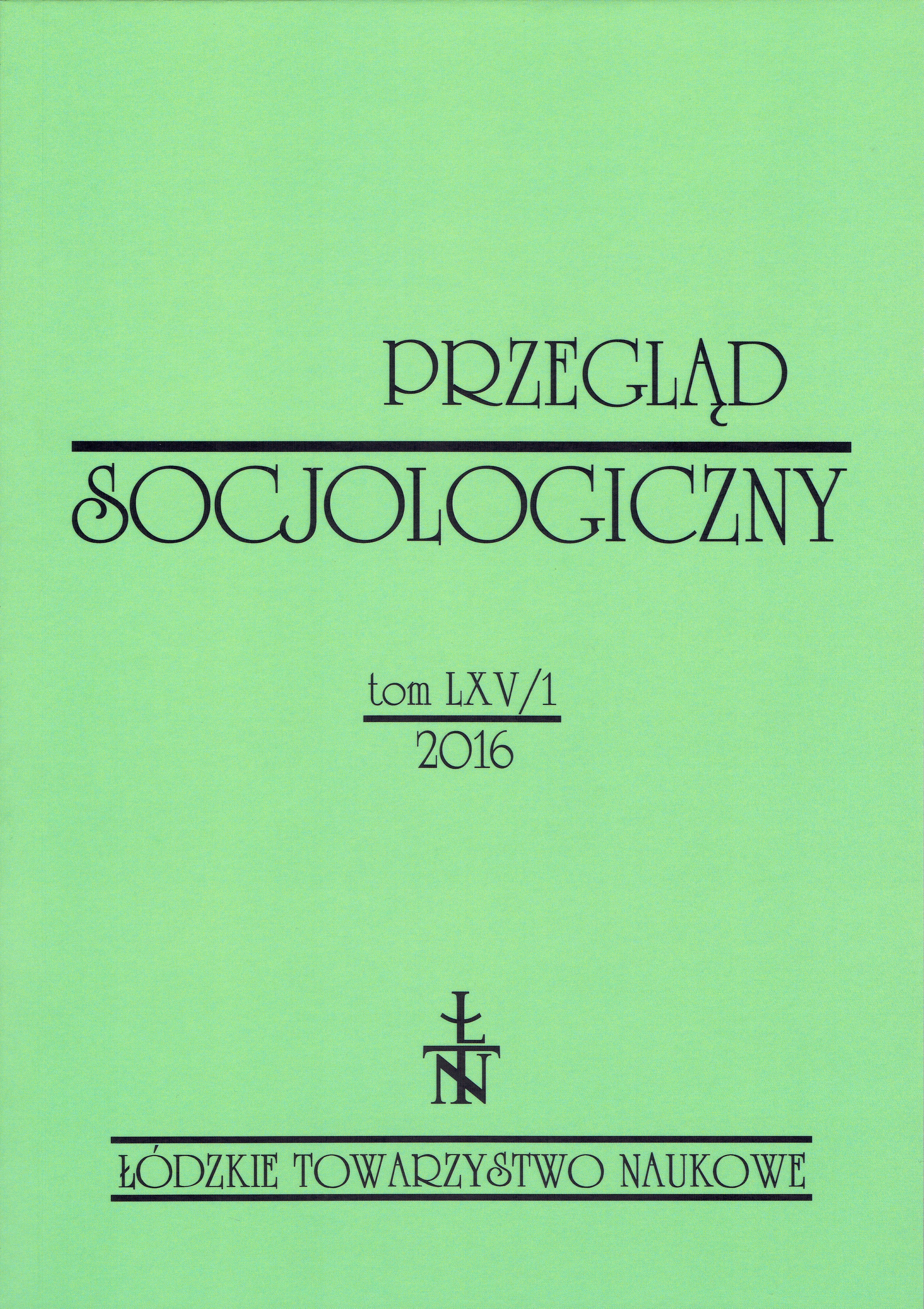Polityki pamięci i tożsamości wobec (nie)chcianego dziedzictwa. Od Gdańska do Gdańzigu
The politics of memory and identity and (un)desired historical heritage: The case of Gdańsk (and Danzig)
Author(s): Małgorzata Dymnicka, Jakub SzczepańskiSubject(s): History, Social Sciences, Cultural history, Sociology, Social history
Published by: Łódzkie Towarzystwo Naukowe
Keywords: memory and narratives; identity; urban policies; mythological construction; Gdańsk
Summary/Abstract: This article addresses the question: How have the politics of memory, collective memory, and historical culture influenced the shaping of a city’s urban space and image? The analysis carried out so far shows that the way in which narratives have been thought to build identity has been based on mythological constructions, in particular on the myth of the sixteenth and seventeenth century “Golden Age” in Poland. In Gdańsk, due to its rich historical past and the fact it was a place marked by the coexistence of different nations and cultures, many identities have been superimposed. This city myth, which has been present for 200 years, is still alive in the idea of a “long duration” and coexists with changing concepts postulating the image of the city and its historical culture. The same architectural forms and works of art have been interpreted by historians and architects and used by local authorities – according to their political needs – to legitimize often contradictory theses about the Germanness, Polishness or Europeanness of Gdańsk. In the public discourse on the memory and identity of contemporary Gdańsk, multiple paradigms appear to dominate, irrespective of the authenticity of the material and cultural heritage. Metaphoric images encoded in language are used when stating, for example, that “Gdańsk is a multicultural city, the city of freedom and solidarity.” The important questions for us are: What happens to the memory of the past in the contemporary culture of Gdańsk? How is it remembered? And what is remembered? What role in this process is played by the actual history (res gestae) and the way it is presented (historia rerum gestarum)? Not all of the content in communicative memory is stored in cultural memory, but in the case of Gdańsk, a city with a thousand-year tradition, only selected symbolic figures play an active part in the construction of collective identity.
Journal: Przegląd Socjologiczny
- Issue Year: 65/2016
- Issue No: 1
- Page Range: 81-100
- Page Count: 20
- Language: Polish

